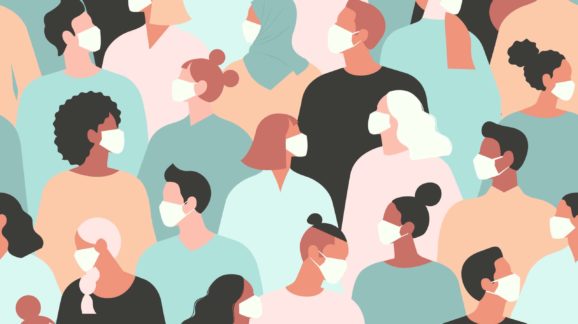Contact Tracing: Let the Private Sector Lead
As state and local restrictions begin to relax, the essential questions for many people are remarkably similar to what we asked in March. What will work? How can I protect myself, my family, and others?
Certainly, government responses to the COVID-19 pandemic are crucial. Yet it is self-defeating to turn to government agencies in all matters, even matters of security and public health information. Instead, we must enlist as many people as possible to generate information needed to regain our footing and find solutions.
Contact tracing provides timely, personalized information when an individual’s risk of infection has increased. It is a system to identify, find, and quarantine anyone who has been in contact with a contagious person. Technology-enabled contact tracing could diminish waves of uncertainty and unify hundreds of millions of people around shared objectives.
Today, 70% of people in the United States own a smartphone, and that connectivity can improve protection against the coronavirus for all of us. But only if they choose to participate and trust the source of information.
Enter private enterprise to organize a response to a critical emergent demand.
The superpower of markets, beyond the unparalleled power to generate and distribute wealth, is the coordination of overwhelming amounts of information to point people toward socially beneficial behavior, such as providing needed goods and services for others.
More than 500 apps are currently under development to augment traditional contact tracing. Scale matters. Therefore, there may only be one or a handful of successful entrants. Among the slew of new apps, the eventual leaders will only aid economic recovery and rebuild our confidence to interact safely if they address the twin challenges of competence and capacity.
Competence is quintessentially pragmatic: Does it work?
Read the full article at The Washington Examiner.
